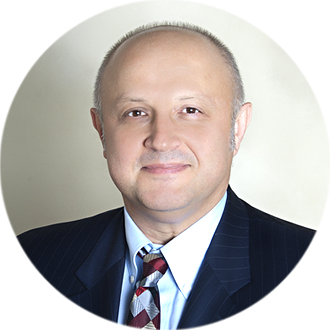Hours of operation
Monday – Thursday: 8:00 am – 5:00 pm Friday: 8:00 am – 12:00 pm
My mission is to treat patients and their families with kindness, compassion and understanding; to examine and to listen my patients carefully; to correctly assess their diagnoses; to help prevent and treat their neurological illness.

Specialty clinic in Hanford
1025 N Douty St, Hanford CA 93230
Phone # 559-537-0252
Fax # 559-589-2065
Selma Clinic
2141 High St, Suite C, Selma CA 93662
Phone # 559-891-2611
Fax # 559-898-7971